Measles Outbreak in Mexico Sparks Urgent Vaccination Push Amid Misinformation in Mennonite Communities
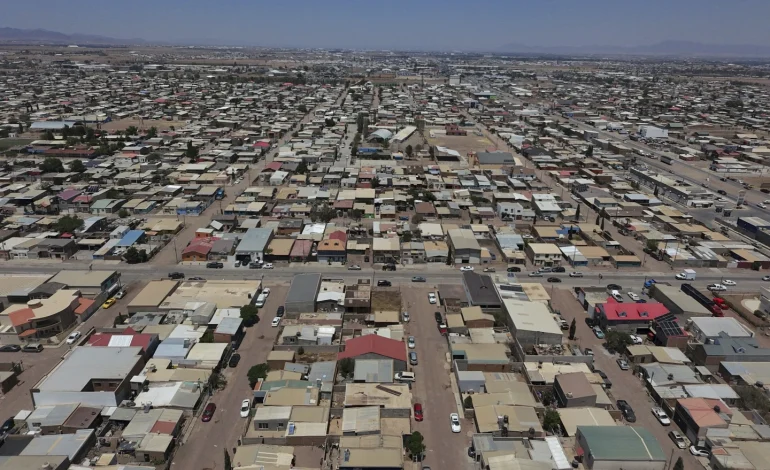
Nurse Sandra Aguirre makes her rounds in a weathered white Nissan, weaving through apple orchards and dusty fields to reach one of Latin America’s largest Mennonite communities, as per The AP.
Her cooler contains measles vaccines, but many doors remain closed, and trust is slow to earn.
As Mexico battles its worst measles outbreak in decades, the northern state of Chihuahua has emerged as the epicenter. With nearly 1,000 confirmed cases and one death, health authorities are racing to contain the spread — particularly among Mennonite families, where vaccine skepticism runs deep and misinformation spreads quickly.
The outbreak, which began in March, was traced to an unvaccinated 8-year-old Mennonite boy who had visited family in Seminole, Texas — a hotspot in the US outbreak. Since then, measles has swept through schools, churches, orchards, and factories in Chihuahua, spilling beyond the 46,000-strong Mennonite community and infecting Indigenous populations and other local workers.
While officials estimate tens of thousands of vaccines have been administered since the outbreak began, the virus continues to spread, fueled by under-vaccination and deeply rooted distrust of authorities.
“Chihuahua is a border state with a massive flow of people,” said Alexis Hernández, a health official in Cuauhtémoc. “That makes things a lot more complicated.”
Measles had been considered eliminated in Mexico since 1998, but immunization rates have since declined. As of 2023, just 76% of the population was vaccinated — far below the 95% threshold needed to prevent outbreaks, according to the World Health Organization.
In the Mennonite community, vaccination rates are even lower. Gabriella Villegas, who oversees immunization efforts at a local clinic, estimates that as many as 70% of residents remain unvaccinated. Other officials put the number closer to 50%.
Federal health officials say the true number of infections may be higher than reported, as fear and misinformation deter people from seeking care or reporting illness.
Vaccine resistance in the community is often reinforced by social media and family connections in the US and Canada, where anti-vaccine sentiment is more pronounced. One man, Jacob Goertzen, cited US Health Secretary Robert F. Kennedy Jr. as a personal hero for his anti-vaccine views.
“I don’t accept vaccines; it’s that easy,” Goertzen said. “If we can’t make our own decisions, we don’t live in a democracy.”
During one visit, Aguirre encountered a mother who referred to measles as a “privilege” and described deliberately exposing her children — aged 5 and 7 — to infected peers in a so-called “measles party,” a dangerous and outdated practice condemned by medical professionals.
Mexico does not mandate vaccination, though some schools have begun asking parents for immunization records. Still, they cannot legally deny education based on vaccination status.
The country’s only confirmed measles death so far was a 31-year-old Mennonite man with diabetes and high blood pressure — underlying conditions that made him more vulnerable to complications.
As measles spreads throughout the continent, including in the US and Canada, Mexican health officials remain focused on controlling the outbreak at its source, even as they confront an uphill battle against fear, misinformation, and cultural resistance.

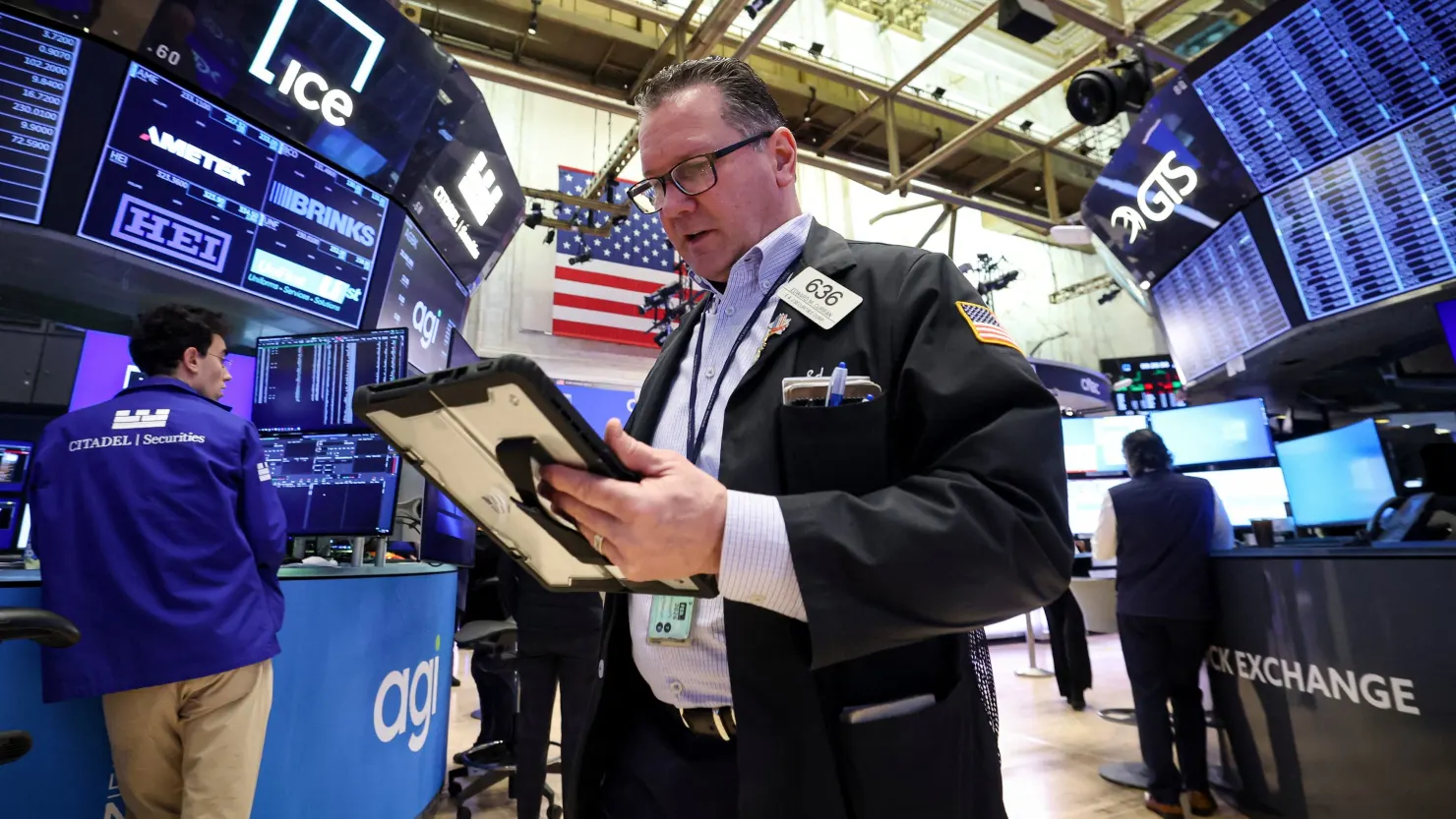
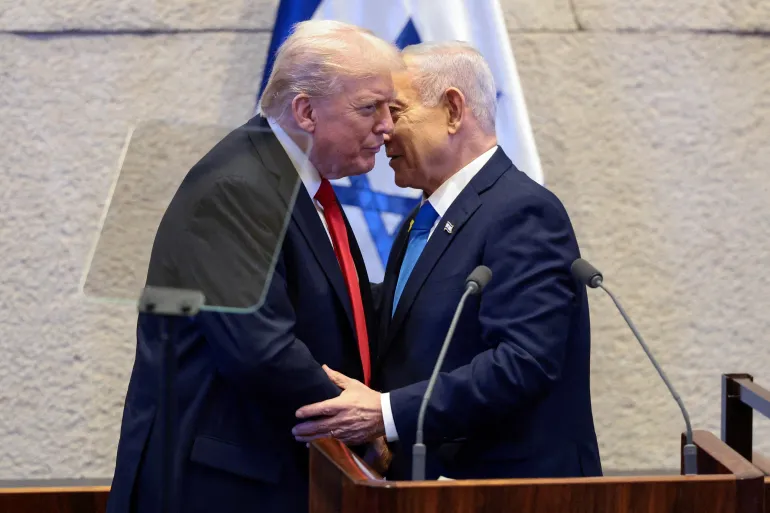
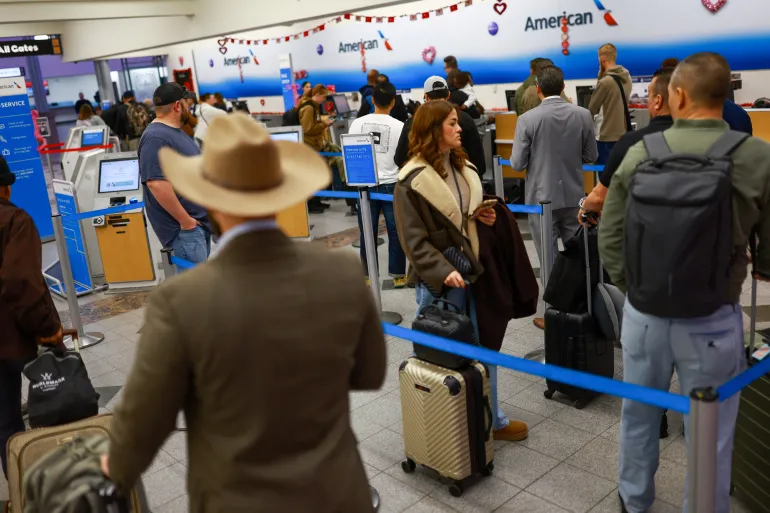
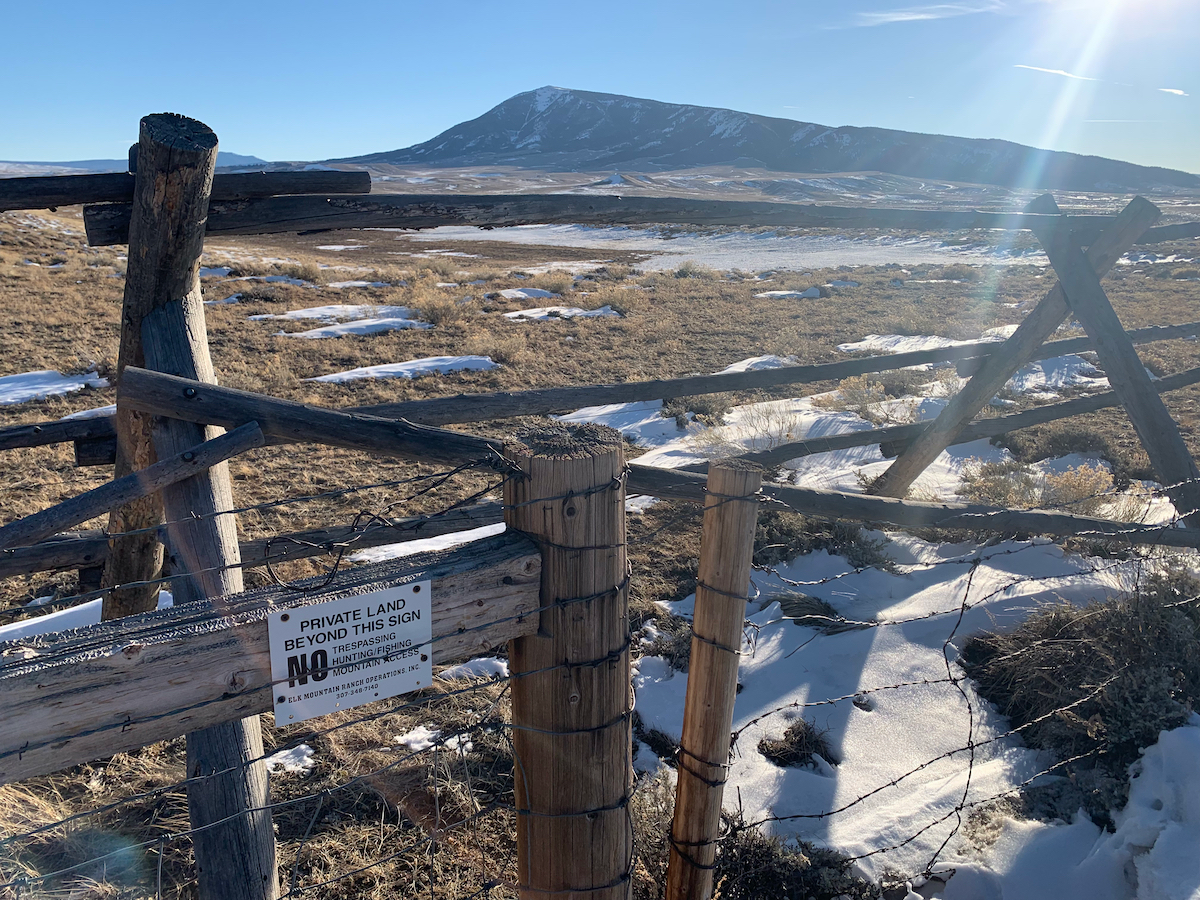




The latest news in your social feeds
Subscribe to our social media platforms to stay tuned